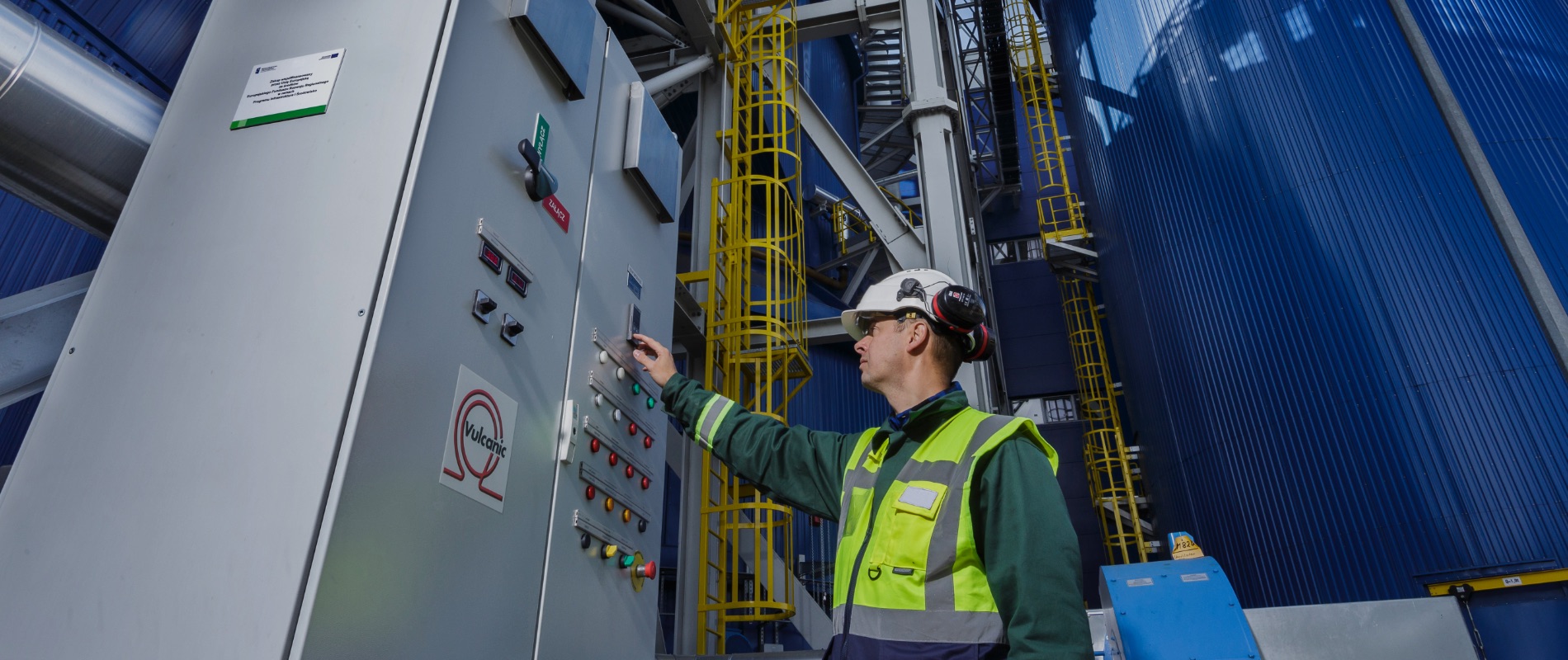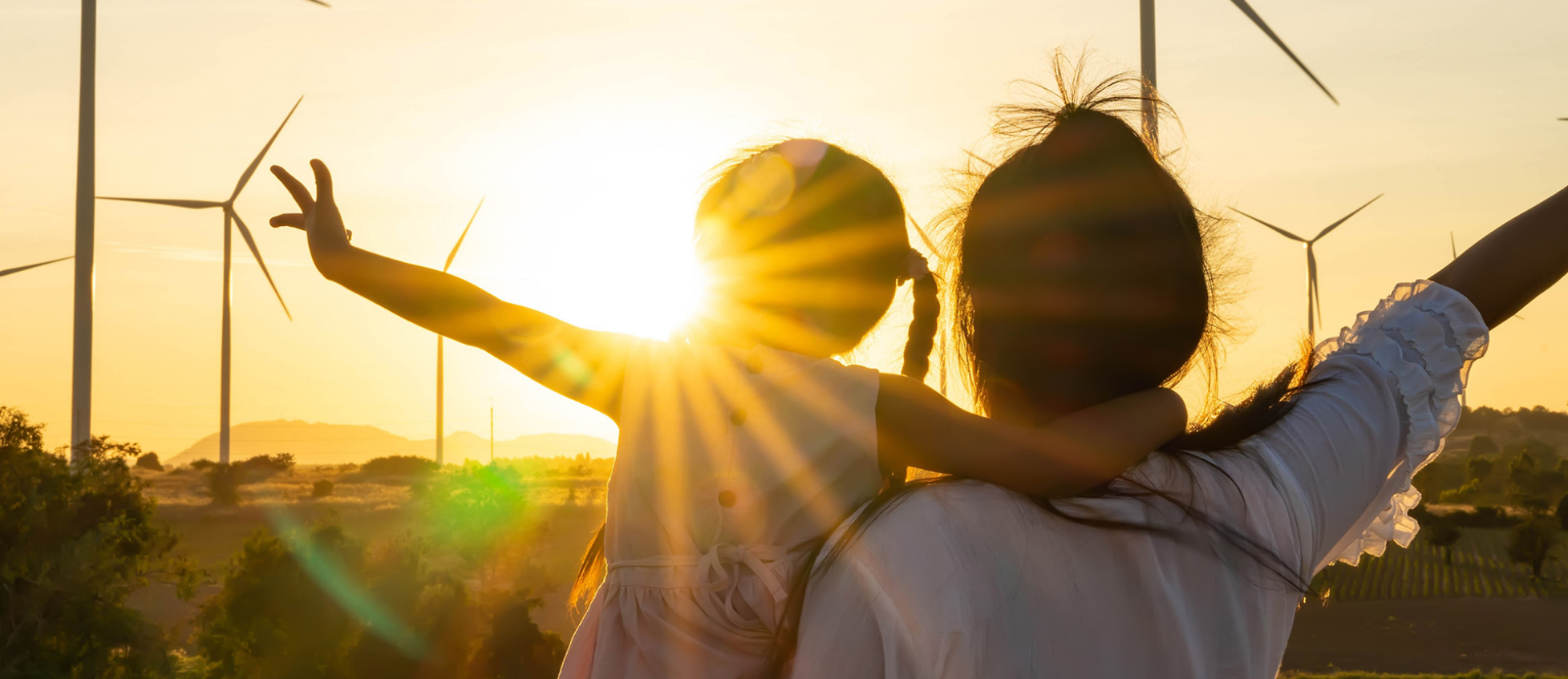Lignite and hard coal are key fuels used to generate electricity and heat at our conventional and CHP plants. Natural gas and biomass are also included in our fuel mix.
We are investing in technologies that directly use the forces of nature – wind, water and sun energy, which are converted into electricity at our renewables installations. We strive to effectively use natural resources. Our priority is to limit negative environmental footprint and protect the natural ecosystem.
With a combination of its own lignite resources, generation assets and distribution networks, The PGE provides secure and reliable electricity supplies to more than 5 million customers throughout Poland, including households, businesses and institutions. This means that it supplies almost every third electricity consumer in Poland. The PGE is also the leader in district heating production.





